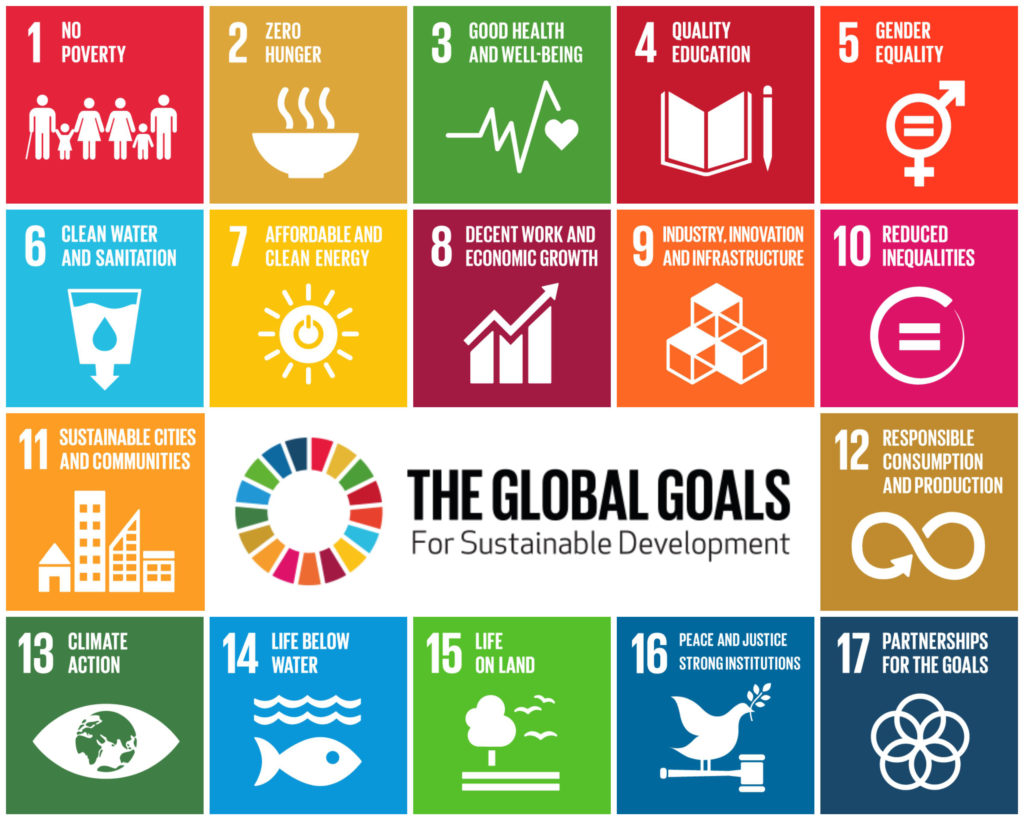A new United Nations report has advocated for a change of approach to the Sustainable Development Goals (SDGs), saying that the current global development model is not sustainable.

The report titled, “The Future is Now: Science for Achieving Sustainable Development”, warns that the progress made in the last two decades is facing the threat of being reversed.
It identified the risk factors to include “worsening social inequalities and potentially irreversible declines in the natural environment that sustains us”.
To achieve human wellbeing and poverty eradication for all, the report advocates a “fundamental and urgent change in the relationship between people and nature”.
It also called for a “significant reduction in social and gender inequalities between and inside countries”.
A summary of the document, to be launched at the forthcoming 2019 SDG Summit, was presented to UN correspondents in New York on Wednesday, September 11, 2019.
Prepared by an independent group of scientists, the report was commissioned by UN member states to evaluate progress on the 2030 Sustainable Development Agenda.
According to the report, the current economic growth model that focuses on increasing consumption of material goods is no longer a viable option at the global stage.
“Projections indicate that the global use of materials is set to almost double between 2017 and 2060, from 89 Gigatons to 167 Gigatons, with correspondingly increased levels of greenhouse gas emissions, and other toxic effects such as those from mining and other pollution sources.
“The present model of development has delivered prosperity to hundreds of millions.
“But it also has led to continuing poverty and other deprivations; unprecedented levels of inequality that undermine innovation, social cohesion and sustainable economic growth.
“It has brought the world close to tipping points with the global climate system and biodiversity loss.
“To change course, the world must transform a number of key areas of human activities, including food, energy, consumption and production, and cities,” it added.
On food production, the report observed that stronger social protection mechanisms are needed to ensure food security and nutrition in developing countries.
It noted that countries must reduce the environmental impact of their food production systems, considering the entire value chain.
“They must reduce food waste and reduce reliance animal-based protein sources.
“Developing and developed countries both need to increase attention to malnutrition in all its forms – including the increasingly high numbers of persons who are overweight,” it suggested.
Turning to the energy sector, the report noted that close to one billion people are without access to electricity particularly predominantly in sub-Saharan Africa.
According to the report, no fewer than three billion people rely on polluting solid fuels for cooking, causing an estimated 3.8 million premature deaths each year.
“These gaps must be addressed, while at the same time increasing energy efficiency and phasing out fossil-based power generation without carbon capture and storage.
“This way, the world economy is decarbonised, in line with the aspirations of the Paris agreement,” it added.
By Harrison Arubu
